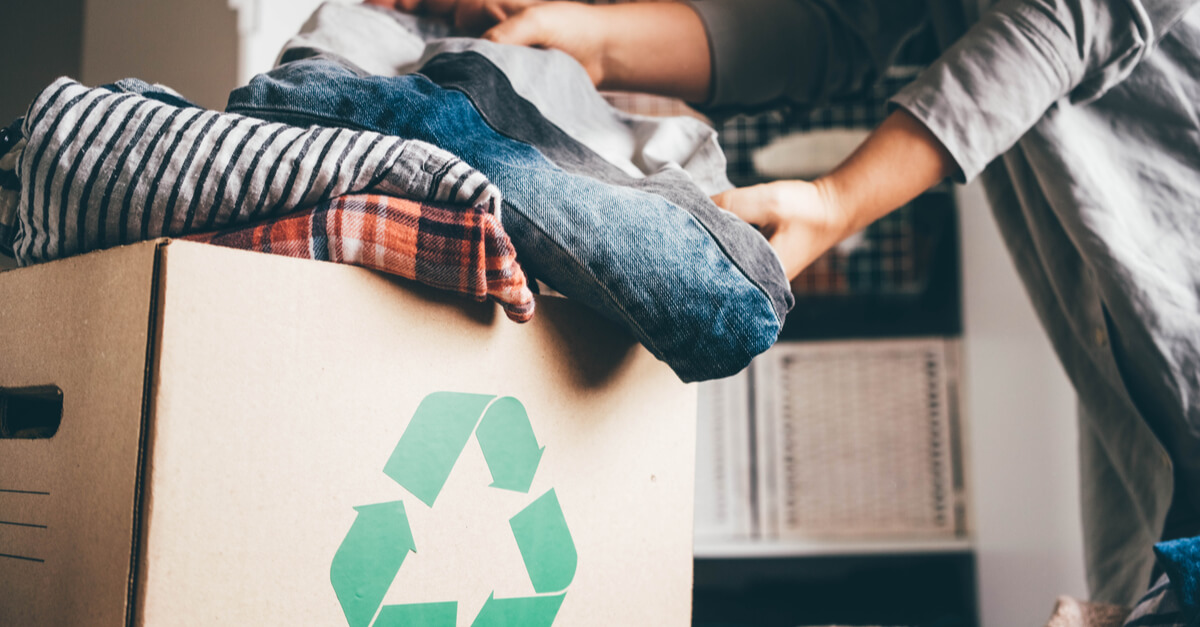Since Sustainability is a topic on all retailers’ minds, I thought it would be helpful to put the whole subject into perspective with some eye-opening data from a recent report First Insight produced in partnership with the Baker Retailing Center at the Wharton School of the University of Pennsylvania. First Insight published a similarly themed report in early 2020, and the changes in consumer thinking that have transpired in just a few years are nothing short of remarkable. The brands and retailers who begin to integrate these generational preferences now will be the ones best prepared for the future.
Since 2019, as more Gen Zers have matured into young adults, their collective voice has become a greater force within the world at large. This demographic cohort comprises young people born after 1997, meaning that the oldest members of this generation turn 25 this year. Also known as the “Tik Tok” generation, they are profoundly committed to making choices that align with their values. Often these choices put the health of the planet first, and include cutting down on consumption, reducing one’s carbon footprint, supporting small batch producers and local businesses, participating in the circular economy, and purchasing previously owned--not new--items. No generation before them has shown the same widespread commitment to any societal issue since the Boomers were protesting the Vietnam war in the late 1960s/early 1970s. Retailers and brands need to pay close attention, because by 2031, Bank of America predicts that Gen Z’s income will surpass that of their next older generation, Millennials, and they will become “the most disruptive generation ever.”
This disruption is already well underway. We have found that Gen Z consumers have enormous powers of persuasion over older generations when it comes to decisions around sustainability. Fully three-quarters of Gen Z consumers state that sustainability is more important to them than brand name when making purchase decisions. As a result of Gen Z’s influence over their Gen X parents on this issue, Gen X consumers’ preference to shop sustainable brands increased by 24 percent and their willingness to pay more for sustainable products increased by 42 percent since 2019. In fact, consumers across all generations—from Baby Boomers to Gen Z—are now willing to spend more for sustainable products. Just two years ago, only 58 percent of consumers across all generations were willing to spend more for sustainable options. Today, nearly 90 percent of Gen X consumers said that they would be willing to spend 10 percent extra or more for sustainable products, compared to just over 34 percent two years ago. Listening to the voice of the customer opens many doors for retailers that they had, perhaps, not considered before. Offering products that are sustainable, even if they cost more, should be the goal of every retailer and brand today if they hope to remain competitive tomorrow. Ultimately, sustainable products shouldn’t cost more to produce and distribute – but, that is a journey.
When the previous study was fielded, the older generations were not as sustainability conscious as they are today. The global pandemic has caused many to rethink their consumption and its impact on the health of the planet, yet Gen Z have been consistent in remaining true to their sustainability values while also educating and influencing the generations that came before them.
The report also revealed that the majority of respondents across all generations have a high degree of expectation that retailers and brands will act in a sustainable way. It’s interesting to note that there is, across generations, disparity around what “sustainability” actually means. The older generations—Millennials (46%), X (48%), and Boomers (44%)—agree that sustainability means “products made from recycled, sustainable and naturally-harvested fibers and materials.” Meanwhile, nearly half of the Gen Zers have taken that belief a step further and believe that sustainability means “sustainable manufacturing”. Still other groups have alternative definitions. I will address this need for clarity on definitions in an upcoming piece.
For now, one thing almost everyone could agree on is that packaging should be sustainable. Across generations, 73 percent combined feel that sustainable packaging is very or somewhat important today, compared to only 58 percent in 2019. Moreover, 71 percent of everyone surveyed believe that online shipments contain an excess of packaging and more than three-quarters prefer eco-friendly packaging. This does not even include the concept of returns…more to think about here.
In the coming weeks, I’ll unveil more of the data revealed in these reports, which delve into preferred shopping formats and how they are affecting the wider retail landscape.














